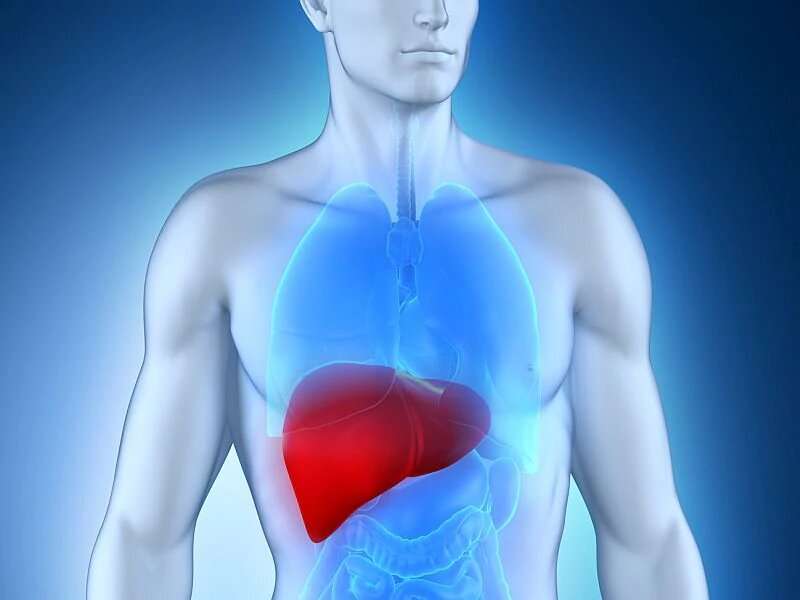Viral exposure signature predicts hepatocellular carcinoma

(HealthDay)—A viral exposure signature can predict hepatocellular carcinoma (HCC) risk before clinical diagnosis among at-risk patients, according to a study published online June 10 in Cell.
Jinping Liu, Ph.D., of the National Cancer Institute in Bethesda, Maryland, and colleagues used a synthetic human virome technology, VirScan, to perform serological profiling of viral infection history in 899 individuals from a case-control study. A viral exposure signature was developed, and the results were validated in a longitudinal cohort with 173 at-risk patients with long-term follow-up for HCC development.
The researchers found that among at-risk individuals in the validation cohort, the viral exposure signature was significantly associated with HCC status (area under the curve, 0.91 at baseline and 0.98 at diagnosis). The signature was superior to alpha-fetoprotein and identified cancer patients before clinical diagnosis.
"Together with existing screening tests, the new test could play an important role in screening people who are at risk for developing HCC. It could help doctors find and treat HCC early," a coauthor said in a statement. "The method is relatively simple and inexpensive, and it only requires a small blood sample."
Several authors are listed as inventors on a U.S. patent application for the viral exposure signature for detection of early-stage HCC.
More information: Abstract/Full Text
Copyright © 2020 HealthDay. All rights reserved.



















